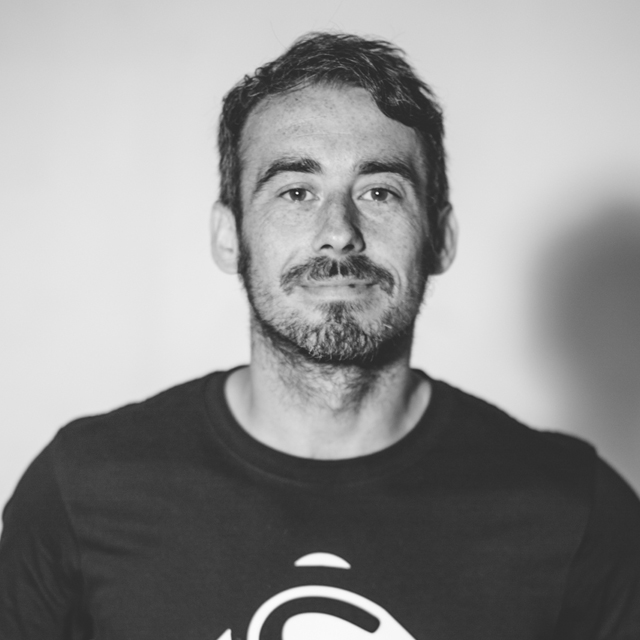The What, Why & How of Goal-Setting
Goal setting is synonymous with corporate training days, Powerpoints and falling asleep face down on a desk.
But your New Year resolutions will be more likely to outlive January if you apply little bit of strategic planning.
Firstly, let’s break goals into 2 types.
- Outcome goals: The things you want to happen. Running a marathon, fitting into a size 10 dress and bench pressing 100kg are all outcome goals.
- Process goals: The things you will do to make the outcome goal happen. Going to the gym, calorie tracking and drinking water could all be considered process goals.
It’s fairly easy to come up with an outcome goal and daydream about how amazing life will be when it is fulfilled.
The hard, and sometimes boring, part is actually sitting down and coming up with a plan to reach them. It’s harder still to take action and actually do the things you need to do. To make this process easier
I’m going to break this down into 3 steps: What, Why and How.
1. What
Pick a goal any goal.
Actually don’t. Pick an outcome goal - one that means something to you. Something that you think could change your life.
That may sound a little dramatic but what’s the point in working hard to achieve something that won’t make your life better?
Where will the motivation come to reach for these goals if there is no benefit at the finish line.
Write it down.
Example: I would like to lose Two stone.
2. Why
Now you have a specific outcome goal, let’s look at why it is important to you before deciding whether to stick with it or ditch it for a better one.
A good way to do this is to look at what you will be able to do when your outcome goal is reached that you can’t, or won’t, do now.
We need to look into the future a little and see if the grass will be greener and, if it is, hold on to those thoughts and feelings.
Start with a list of five.
Example: I would like to lose two stone because then...
- I will be able to go into work meetings more confident
- I will feel more comfortable in front of my partner
- I will worry less about my health
- I will be able to shop at my favourite clothes store
- I will no longer stare into my wardrobe thinking what the hell am I going to wear
Having these truly personal statements attached to a precise outcome goal means we are now reaching you on a much deeper emotional level. Look at this list each morning or stick up some post-it notes as a reminder.
3. How
Armed with your outcome goal and ready-made list of reasons to reach it, you should be more enthusiastic about working out how exactly you’re going to get there.
The question now is: what needs to happen and when must it happen in order for me to reach my goal?
Start with a list of the five most important things you will do each day/week.
Be as specific as possible including days, times etc etc.
Example:
- I will fill up my water bottle each morning straight after breakfast
- I will prepare my lunch just before I go to bed
- I will do a 30-minute walk at lunch-time on a Tuesday & Thursday
- I will go to the gym straight after work on Monday, Wednesday and Fridays
- I will swap cocktails for gin and tonic on nights out
You are now laying the foundations for serious habit change. Do these things for long enough and they will become part of you.
Take a look at this list every evening and check off what you have done that day and remind yourself what needs to be done tomorrow.
There are a few other things you may wish to consider when setting goals.
Measure
To see if what you are doing is working, it’s a good idea to have some form of measurement. For a weight loss goal, weighing yourself is the obvious choice. For strength training, the 1-rep-max may be your outcome measure.
Time
If there is a need to apply a time scale to an outcome goal, then this can be factored in during the ‘ ‘what’ stage. Eg I would like to lose two stones in 6 months.
Realism
The greatest plan in the world will not work if your goal is unrealistic in its nature, time-scale or the amount of work required to achieve. Think things through.

About the author: Ronny Terry is a personal trainer at Kiss Gyms Swindon. You can view his profile HERE